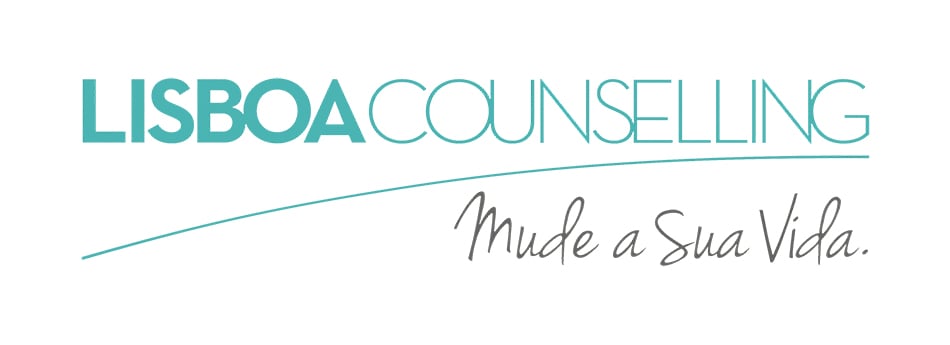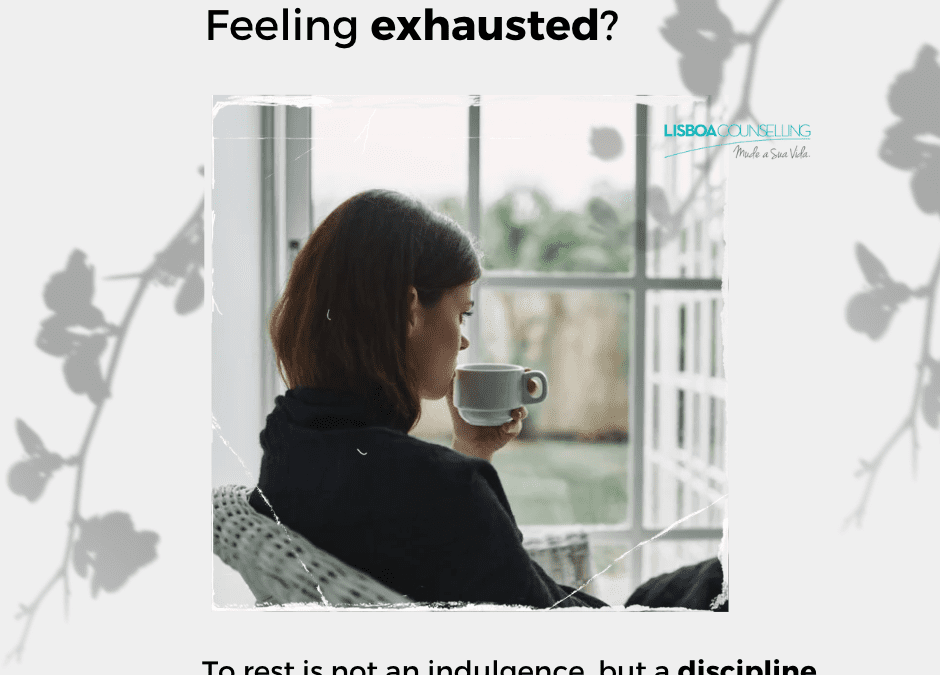Just to stop, to have a break from work or other pressures, isn’t enough. In fact, breaks help you to rest a bit and keep working while your inner exhaustion keeps increasing. This can lead you to break down later and with more serious consequences.
What do you usually do to rest?
Most people tend to use the mobile to unstress a little. Although it can feel agreeable and help you relax, it will add to your mental exhaustion. You’ll keep using your mental energy that is already below safety level.
To reverse this path, you need to be intent in promoting and working your rest, your inner wellbeing.
To rest is not an indulgence, but a discipline.
Maybe you are trying to do some things to help you rest but it never lasts long.
Quality rest needs to become a lifestyle. Just single and unconnected attempts won’t solve it.
What can you do?
Start to introduce small habits in your daily routines.
- Planning small breaks during the work hours will help you reduce pressure and improve your concentration.
- Try to have a time just for yourself everyday, however small it might be.
- Focus in the present moment, enjoying the little things you can see, hear, smell, touch or taste. It will increase the production of the good hormones.
- Slow down your mind, especially when you feel accelerated and before going to sleep.
You need to start practicing good habits of rest consistently, turning them into new mental programs, that will allow you to decrease your exhaustion and to improve your wellbeing.
Seek help
If you’re feeling exhausted most of the time, at risk of burnout, you need to start using efficient tools of active rest.
In counselling, we take a holistic approach, training in you skills that will help you to function better in the different areas of your life:
- Decreasing the negative – anxiety, stress, pressures; identifying triggers that lead you to negative or toxic responses
- Enhancing the positive – improving mental functions; biochemical balance (reduce the cortisol and increase the positive hormones); life / work balance and efficient strategies of active rest; energy management (spending less energy to do the same tasks); motivation; etc.
You’ll incorporate long term tools that will enable you to work better getting less tired and being able to enjoy life more fully.
Contact us and come see how we can help you.


